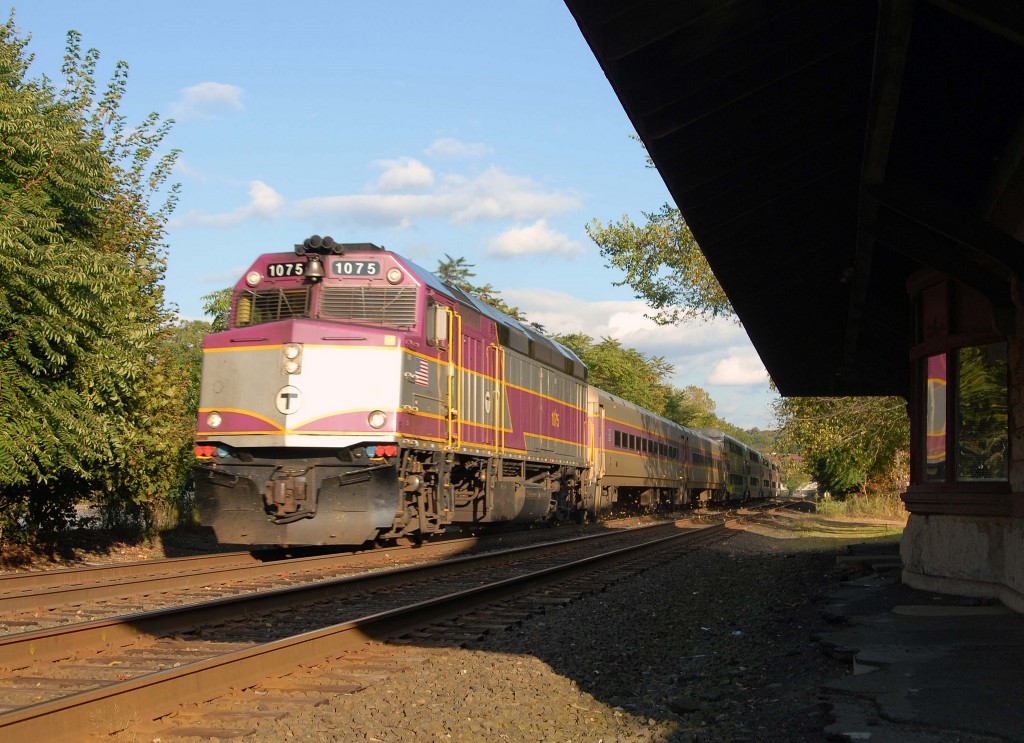
The ongoing talks about the potential for Boston to host the 2024 Summer Olympics come with the constant revisitation of the Greater Metro Area’s state of infrastructure and its ability (or lack thereof) to handle the influx of people that accompany the Games. But a state bill could help alleviate some of those woes by allowing for direct train service to and from Boston and Springfield.
State Senator Eric Lesser, a Democrat from Longmeadow, Mass., will file SD1383 – “An Act to study the feasibility of high-speed rail access between Springfield and Boston” – during the 2015 legislative session.
According to MassLive, the bill requires that MassDOT submit a report by August 1 of this year outlining and evaluating the economic pros and cons, as well as cultural effects on Greater Springfield, of building a line between the two cities.
The MassDOT 10-year capital investment plan suggests that building such a rail, using what is known commonly as the Inland Route, would cost approximately $362 million. Funds would be used to rehabilitate the route, create a second track, widen bridges, upgrade signals and train equipment, and support a high-speed rail from Springfield to New York City.
Stops along the line from Boston could be in Framingham, Worcester and Palmer before reaching Springfield, MassLive noted further.
“Travel times could range from 1 hour and 45 minutes to 2 hours and 18 minutes depending on the speed of the train and how many stops it makes,” wrote MassLive.
A separate project courtesy of MassDOT’s plan would build a track from Springfield to Montreal as part of a $850 million expansion to Boston’s South Station.
New Hampshire Governor Maggie Hassan posited in her inauguration speech that a rail between Manchester, N.H., and Boston would render beneficial economic consequences and reduce commuter traffic (as well as road rage) north of Greater Boston.
There are currently no plans in the work for a New Hampshire rail service.
The Atlantic’s CityLab recently published an article contending that Worcester has the most to gain from a Boston Olympic Games because of its cheap train service and affordable accommodations.
“And Worcester’s inter-city public transit is also expanding,” wrote CityLab. “Olympic spectators who choose to lodge in Worcester would additionally benefit from a new $14 million bus terminal that’s conveniently located next to the city’s train station.”
It’s not inconceivable for Springfield to reap similar rewards as Worcester. Sure Springfield is about an hour further west of Worcester but the potential two-hour commute to Boston for the Games seems hardly a chore when simply riding the MBTA subway system can take almost half as long to get from one end of the city to another with delays.
Springfield is also in the midst of revamping its major transit and rail service hub, Union Station.

